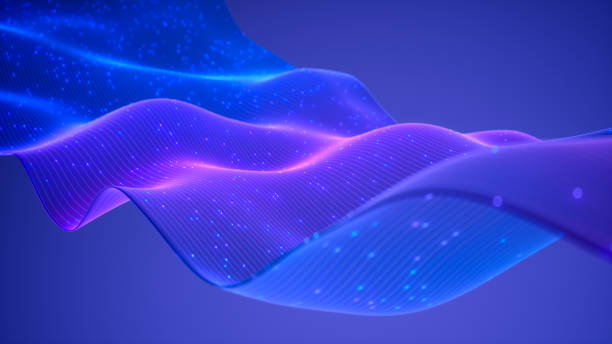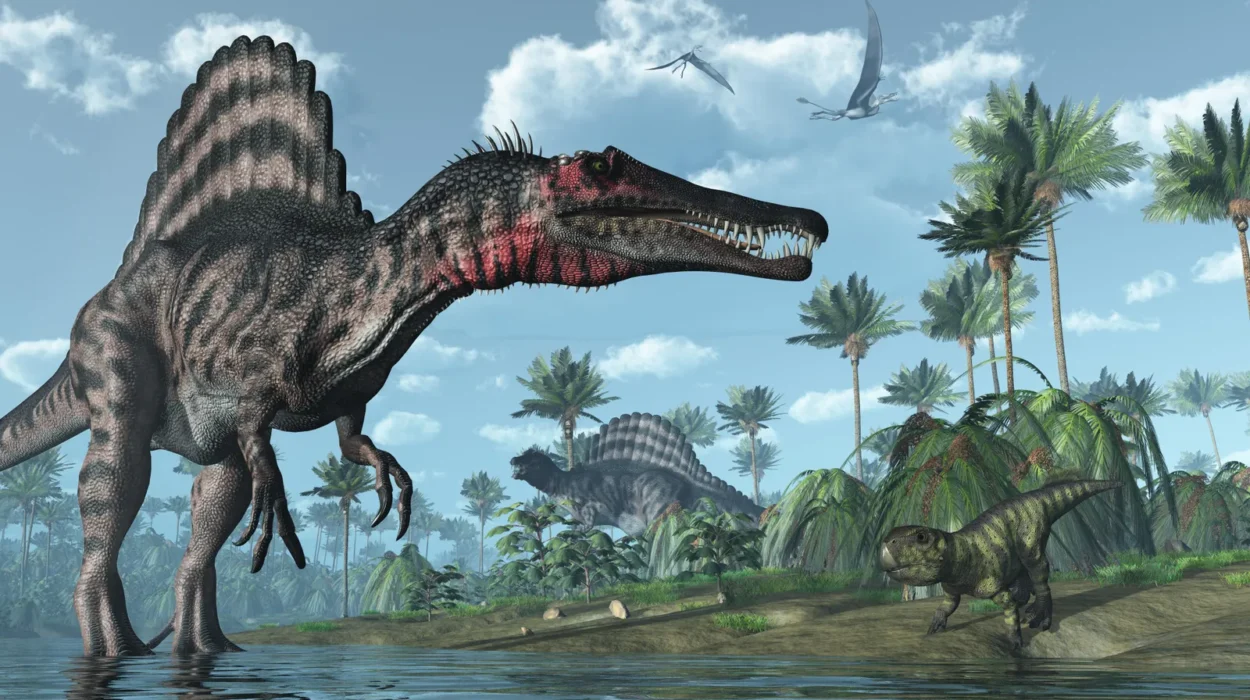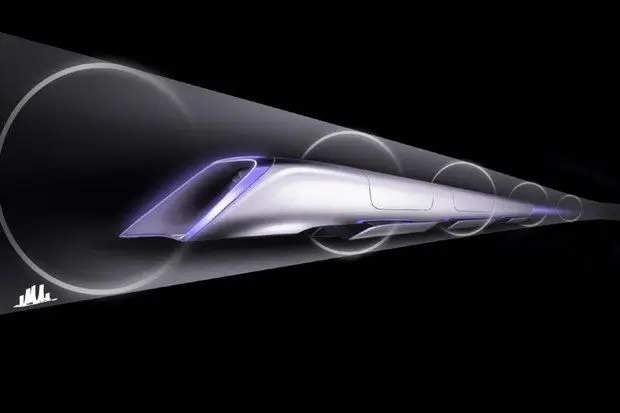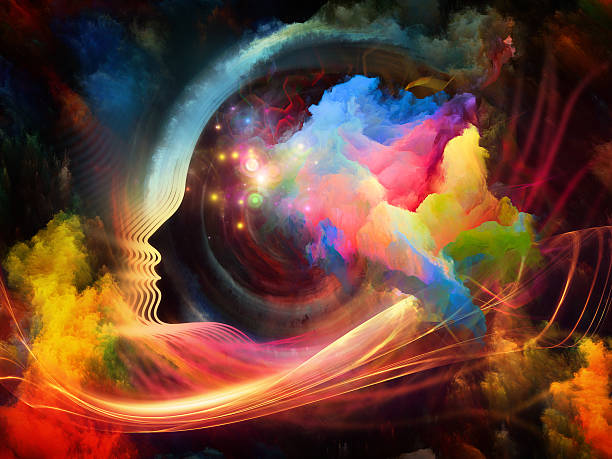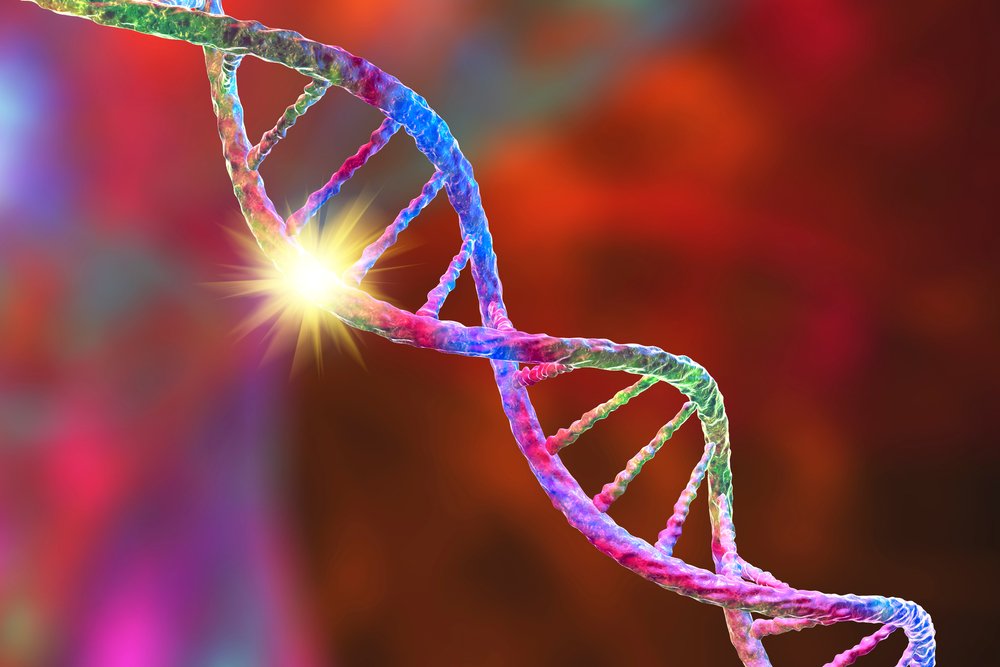Computer science is one of the most transformative fields in human history. It is not just about machines, algorithms, and code—it is about a revolution in human thought, creativity, and progress. Every breakthrough in computer science has reshaped the way we live, work, and connect with one another. From the earliest theoretical ideas to today’s artificial intelligence, these discoveries have changed civilization in ways few could have imagined a century ago.
In this article, we will explore ten of the most important discoveries in computer science. Each represents a turning point, a moment when human ingenuity unlocked new possibilities, giving birth to the technologies and systems that now define the modern world.
1. The Concept of the Algorithm
The foundation of computer science lies in the idea of the algorithm—a step-by-step set of instructions to solve a problem. While algorithms date back to ancient times (the word itself comes from the Persian mathematician Al-Khwarizmi), their importance to computing is immeasurable.
An algorithm is like a recipe for problem-solving. Whether you’re sorting numbers, searching a database, or simulating the universe, you’re relying on algorithms. The beauty of an algorithm lies in its universality—an efficient algorithm can solve problems far faster than brute force methods.
Discoveries like the QuickSort algorithm by Tony Hoare, Dijkstra’s shortest path algorithm, and modern machine learning algorithms have transformed industries. Algorithms power search engines, medical diagnostics, financial systems, and even the way streaming platforms recommend movies. Without algorithms, computers would be nothing more than boxes of wires and circuits.
The discovery and refinement of algorithms represent not just technical progress but a deeper understanding of logic, problem-solving, and the very essence of intelligence.
2. The Turing Machine and the Theory of Computation
In the 1930s, the mathematician Alan Turing introduced the concept of the Turing machine—an abstract mathematical device that could simulate any computation. This discovery laid the groundwork for the entire field of computer science.
The Turing machine was not a physical machine but a theoretical construct. It showed that any problem that could be expressed algorithmically could, in principle, be solved by a machine. This gave rise to the Church-Turing thesis, the idea that computation is universal.
From this theory, we gained insights into what problems are computable and what problems are fundamentally unsolvable. For example, Turing proved the existence of problems (like the Halting Problem) that no machine could ever solve, no matter how powerful.
The discovery of the Turing machine was not only a mathematical breakthrough but also a philosophical one. It forced humanity to redefine intelligence, machines, and the boundaries of logic itself. Every modern computer, from a smartphone to a supercomputer, is essentially a physical realization of Turing’s vision.
3. Boolean Logic and Digital Circuits
Another cornerstone discovery of computer science was the application of Boolean logic to electronic circuits. Developed by George Boole in the mid-19th century, Boolean algebra describes logical operations with values of true (1) and false (0).
In the 20th century, scientists like Claude Shannon realized that Boolean logic could be implemented with electrical switches. When combined with vacuum tubes, and later transistors, this discovery gave birth to digital computing.
Every modern computer is built on this principle. Inside a CPU, billions of tiny transistors act as switches, performing logical operations at incredible speeds. Boolean logic makes it possible to add numbers, compare data, and execute instructions.
This discovery turned abstract mathematics into practical engineering. It transformed the computer from an idea into a reality, paving the way for the digital revolution that shapes our lives today.
4. The Invention of Programming Languages
Computers may be powerful, but without programming languages, they would be incomprehensible machines. The discovery and development of programming languages transformed computer science from hardware tinkering into a creative discipline.
Early computers were programmed with machine code—long strings of binary numbers. This was inefficient and error-prone. The invention of assembly language simplified this process, allowing programmers to use symbolic instructions instead of raw binary.
But the real breakthrough came with high-level programming languages. FORTRAN (1957) allowed scientists to write mathematical formulas directly. COBOL made computers usable for business applications. Later came languages like C, Java, Python, and countless others, each opening new doors for problem-solving and innovation.
Programming languages represent more than convenience; they embody different ways of thinking about problems. Functional languages like Haskell, object-oriented languages like Java, and scripting languages like Python reflect diverse paradigms of human thought.
Today, programming languages are the bridge between human creativity and machine execution—a discovery that turned computing into a tool accessible to millions of minds.
5. The Internet and Networking
Perhaps no discovery in computer science has reshaped humanity more than the Internet. What began as a research project in the 1960s (ARPANET) has become the nervous system of modern civilization.
The discovery of packet switching, protocols like TCP/IP, and the World Wide Web transformed computers from isolated machines into a global network. Suddenly, information could flow across the planet in seconds.
The Internet enabled email, online commerce, social media, cloud computing, and real-time communication. It allowed the free exchange of knowledge and ideas on a scale never before imagined. Entire industries rose and fell because of it, and societies were reshaped in its wake.
Networking was not just a technical breakthrough; it was a social one. It connected humanity in ways that blurred national borders and cultural barriers, redefining what it means to be part of a global community.
6. Artificial Intelligence and Machine Learning
Few discoveries in computer science have captured public imagination like artificial intelligence (AI). The dream of creating machines that can think, learn, and adapt has been pursued for decades. Today, breakthroughs in machine learning and neural networks are bringing that dream closer to reality.
From chess-playing computers like Deep Blue to modern large language models, AI has advanced rapidly. Machine learning algorithms allow computers to recognize speech, identify images, translate languages, and even generate creative content.
The discovery that computers could learn from data instead of being explicitly programmed revolutionized the field. AI is now embedded in medicine, transportation, finance, and even art. Self-driving cars, virtual assistants, and predictive healthcare all stem from these advances.
Yet, the mystery of intelligence itself remains unsolved. Can machines ever achieve consciousness? Will AI surpass human intelligence? These questions make AI not only a technological discovery but also a philosophical frontier.
7. Cryptography and Cybersecurity
In the digital age, security is as important as computation itself. The discovery and evolution of cryptography have made it possible to protect information in a connected world.
From ancient ciphers to modern encryption algorithms, cryptography has always been about safeguarding secrets. In computer science, discoveries such as public-key cryptography (RSA, Diffie-Hellman) changed everything. Suddenly, two parties could communicate securely over an insecure network without sharing a secret key in advance.
This breakthrough made online banking, e-commerce, and private communication possible. Cryptography now underpins the very trust we place in the digital world.
But cryptography is also at the cutting edge of discovery. With the rise of quantum computing, many current encryption systems may one day be broken, leading to an urgent search for post-quantum cryptography. The discovery of secure cryptographic methods remains a race against both time and technology.
8. Databases and Data Structures
The discovery of efficient data structures and databases revolutionized how we store, retrieve, and manipulate information. Without them, the vast digital world we live in today would collapse under the weight of its own data.
Data structures like arrays, linked lists, trees, and hash tables are the building blocks of efficient computing. They determine how quickly we can search for an item, how memory is used, and how data is organized.
Meanwhile, databases like relational models (introduced by Edgar F. Codd in 1970) made it possible to manage vast amounts of structured information. SQL, NoSQL, and distributed databases now form the backbone of everything from banking systems to search engines.
In today’s world of big data, where billions of gigabytes are generated daily, the discoveries in data storage and processing remain some of the most important in computer science history. They enable not only efficiency but also entirely new sciences, such as data analytics and computational biology.
9. The Discovery of Quantum Computing
One of the most exciting frontiers in computer science is quantum computing. Unlike classical computers that rely on bits (0 or 1), quantum computers use qubits, which can exist in multiple states simultaneously thanks to quantum superposition.
The discovery that quantum mechanics could be harnessed for computation opened the door to entirely new possibilities. Algorithms like Shor’s (for factoring large numbers) and Grover’s (for searching) demonstrated that quantum computers could solve problems far faster than classical ones.
Though still in their infancy, quantum computers could one day revolutionize cryptography, optimization, drug discovery, and artificial intelligence. The discovery of quantum computing challenges our very understanding of what “computation” means and pushes the boundaries of both physics and computer science.
10. Human-Computer Interaction and the Personal Computer Revolution
Finally, one of the most profound discoveries in computer science is not a formula or a theory but a realization: computers must be accessible to people.
Early computers were massive machines that required teams of experts to operate. The discovery of graphical user interfaces (GUIs), pioneered by researchers at Xerox PARC and popularized by Apple and Microsoft, changed that forever. Suddenly, anyone could use a computer through icons, windows, and a mouse.
The invention of the personal computer, followed by smartphones, tablets, and wearable devices, democratized computing. It transformed computers from specialized tools into everyday companions.
Human-computer interaction continues to evolve with touchscreens, voice assistants, virtual reality, and brain-computer interfaces. The discovery that technology must adapt to humans, rather than the other way around, is perhaps the most human-centered breakthrough in the field.
Conclusion
The history of computer science is a story of discoveries—ideas that began as abstractions and grew into revolutions. Algorithms gave us the power to solve problems. The Turing machine gave us the framework of computation. Boolean logic and programming languages gave us the tools. The Internet connected us, AI challenged us, and cryptography protected us. Quantum computing points to the future, while human-computer interaction ensures that progress remains within human reach.
Each discovery in computer science is more than just technical progress—it is a step in humanity’s quest to understand intelligence, creativity, and connection. And the most exciting part? The greatest discoveries may still be ahead.
